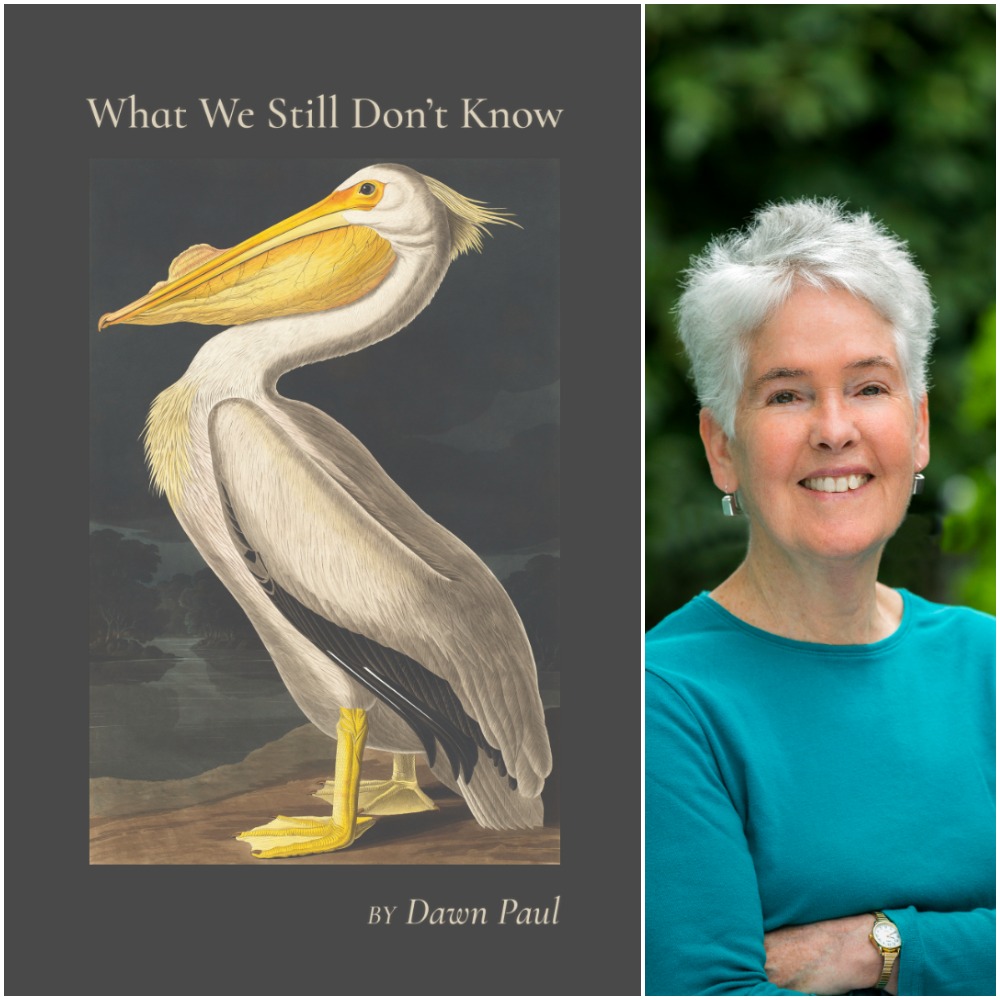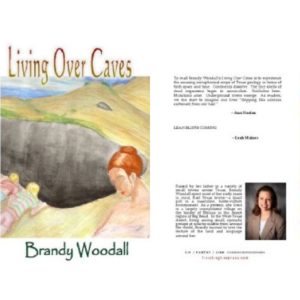What We Still Don’t Know by Dawn Paul
$14.99
Dawn Paul indulges in the poet’s art of classification through her illumination of the life of Carl Linnaeus, known in his time as “The Second Adam.” What We Still Don’t Know is an unflinching look at this early scientist and his “first rough cut, that separates Eve from the apple” more than 100 years before Darwin. Paul does not shy away from Linnaeus’s prejudices, instead gives us insights into the West’s racist history while, at the same time, highlighting the scientist’s revealing work on a nature that “does not bend itself to systems” and the sexuality of flowers “who would queer his tidy marriages.” In this necessary collection, Paul reexamines a significant piece of history with fresh eyes and meticulous detail.
–Susan Edwards Richmond, Before We Were Birds
Dawn Paul is in her element in her new collection, What We Still Don’t Know. In her examination of Carl Linnaeus, the father of modern taxonomy, these poems reach across time to embrace the natural world. These poems are well-crafted, steeped in detail, and are profound in their insights regarding power, order, relationships and spirituality. Illuminating and questioning, spirited and detailed, they reflect Paul’s insatiable, tender and wry imagination.
–January Gill O’Neil, author of Rewilding, Misery Islands and Underlife
Description
What We Still Don’t Know
by Dawn Paul
$14.99, paper
978-1-64662-080-7
2019
Dawn Paul teaches writing and interdisciplinary studies at Montserrat College of Art. She has taught poetry at festivals, art/writing centers, and wildlife sanctuaries. Her poems can be found in anthologies on birds, nature and place, and drought and they have been published in journals including Stonecoast Review, Paterson Literary Review, Comstock Review, Contemporary Haibun and Naugatuck River Review.






M. B. McLatchey –
In these beautifully-crafted poems, science becomes meditation; classification becomes illumination. And yet, it is not simply illumination regarding the origins of things, but a vision of a new world organically grafted from an old one. Control in verse lines that renders a humility and a hopefulness rarely heard in poetic voices these days. A must meditation!